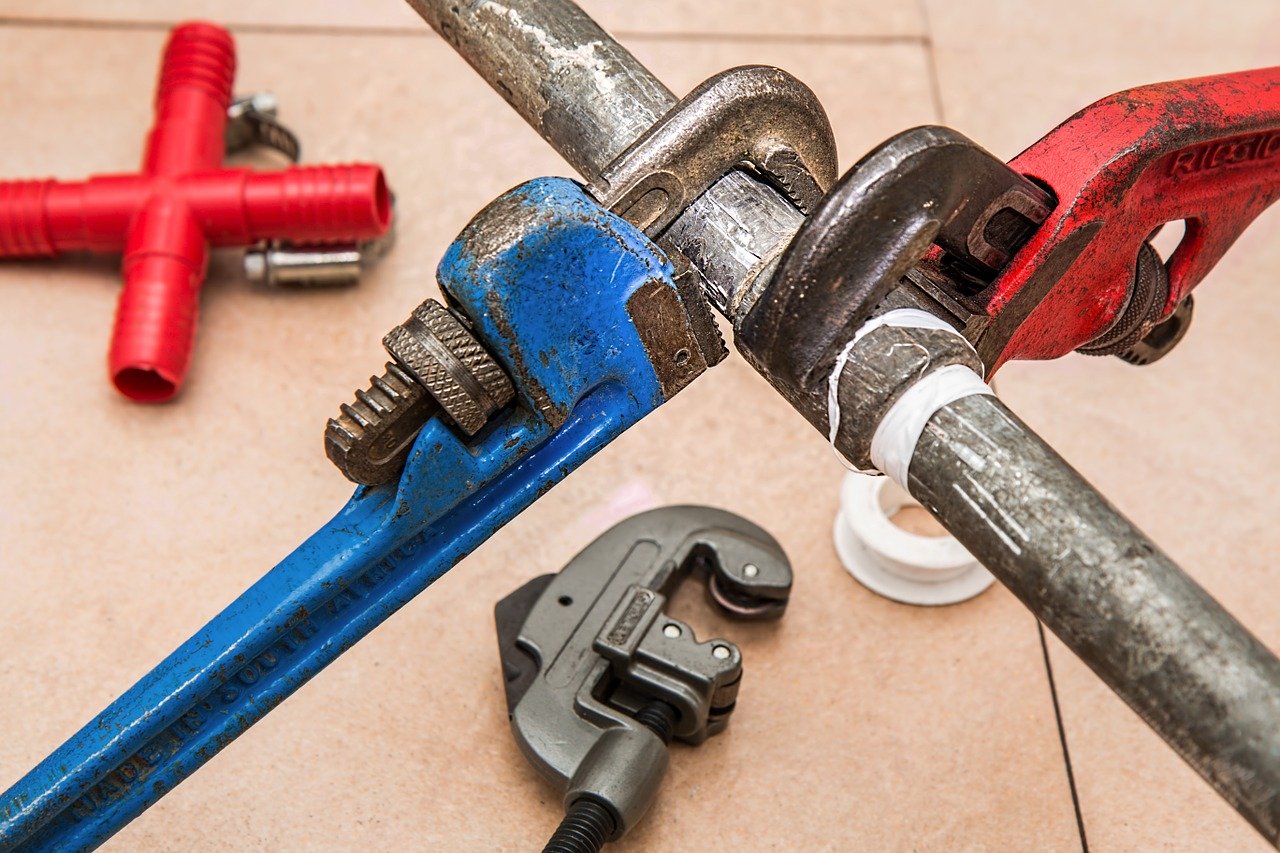 Water or flood damage to your home can be very costly to repair, and often emotionally devastating. You can limit damage during a flood by implementing a few changes to your home’s structure and by keeping on top of certain areas of house maintenance.
Water or flood damage to your home can be very costly to repair, and often emotionally devastating. You can limit damage during a flood by implementing a few changes to your home’s structure and by keeping on top of certain areas of house maintenance.
Repair your roof
If you’ve been getting leaks coming through your roof, it could be time to consider calling in a roofing company to fix it up. With a tiled roof, you may be able to replace individual tiles that are missing. A flat roof meanwhile may need an entire replacement. Other sources of leaks could include seals around chimneys and vents. Sourcing leaks can be difficult and may require hiring a professional.
Defend against rising damp
Rising damp is when moisture from the ground slowly seeps up through your property’s walls and floor. This can weaken the structure of your home and result in unsightly damp patches. Rising damp is usually the result of not having a damp proof course laid down above your foundations. Damp proofing guards your home from costly damage by laying down a thin waterproof membrane that stops water from rising into your home’s structure.
Keep drains and gutters unblocked
Blockages in drains and guttering can have disastrous results. Ordinary flooding can often be bad enough, but having your home flooded with sewage can be horrific. Make sure that blocked drains are attended to immediately and consider installing an overflow if you don’t already have one. Meanwhile, make sure that guttering is unblocked of leaves that could be causing water to flow down the side of your home (blocked guttering can also freeze and pose an extra risk, potentially breaking off in high winds and having the impact of a falling tree!). You can do this yourself but it might be difficult to get to hard to reach guttering if you dont have the right tools and equipment so consider using a reputable company like Gutter Cleaning Cleveland
Protect your pipes
Leaky plumbing can also cause expensive water damage. If you’re getting constant leaks, it could be a case that you have old pipes that are starting to deteriorate. The seals joining each pipe could be disintegrating or the pipes could be rusting on the inside and breaking up. Alternatively, you may have a water pressure problem. If your water pressure is too high, it can often be too much for your pipes to handle – resulting in burst pipes. You could consider installing a water pressure regulator to help lower the overall pressure of water in your pipes, and therefore lower the chance of them bursting.
Insure yourself
Financially the best way to cover yourself against flooding and the damage it may cause to your home is to make sure you have a comprehensive home insurance policy that covers you against flood and water damage, this is especially important if you know you live in an at-risk area. Some insurance will refuse to cover you at all, while others may charge a much higher rate. You are best off looking for a specialist flood insurance policy. Whilst this isn’t going to stop any damage that may happen to your home during a flood, it will at least allow you some peace of mind that you will be able to repair your home afterwards.
